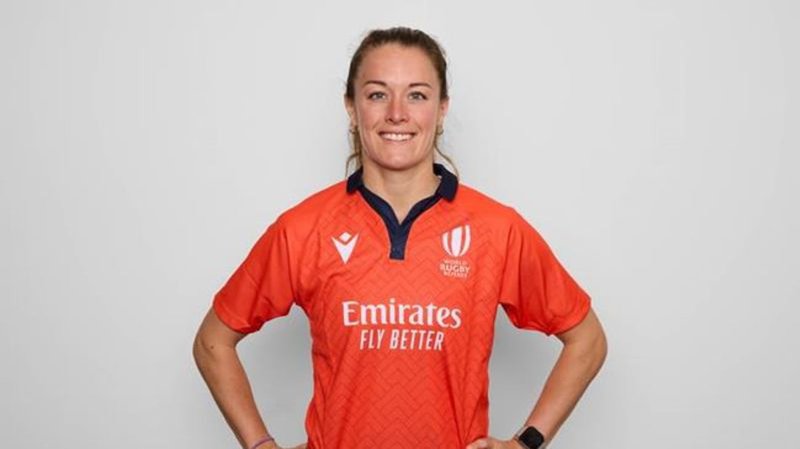
Canadian Maggie Cogger-Orr to referee Rugby World Cup opener in New Zealand
When South Africa and France kick off the Women’s Rugby World Cup in New Zealand on Saturday, a Canadian will blow the whistle to get the party started.
Transplanted Canuck Maggie Cogger-Orr will referee the opening game at Eden Park in her adopted Auckland home. The 12-country competition was originally slated to start in September 2021 but was postponed due to the pandemic.
“I think it’s a really cool opportunity to sort of kick off a tournament that’s been a long time coming, with COVID and all those things like that,” Cogger-Orr said. “I feel really fortunate to get to be the person to blow the first whistle to kick it all off.”
Like Cogger-Orr, the whistle in question has been on the move.


